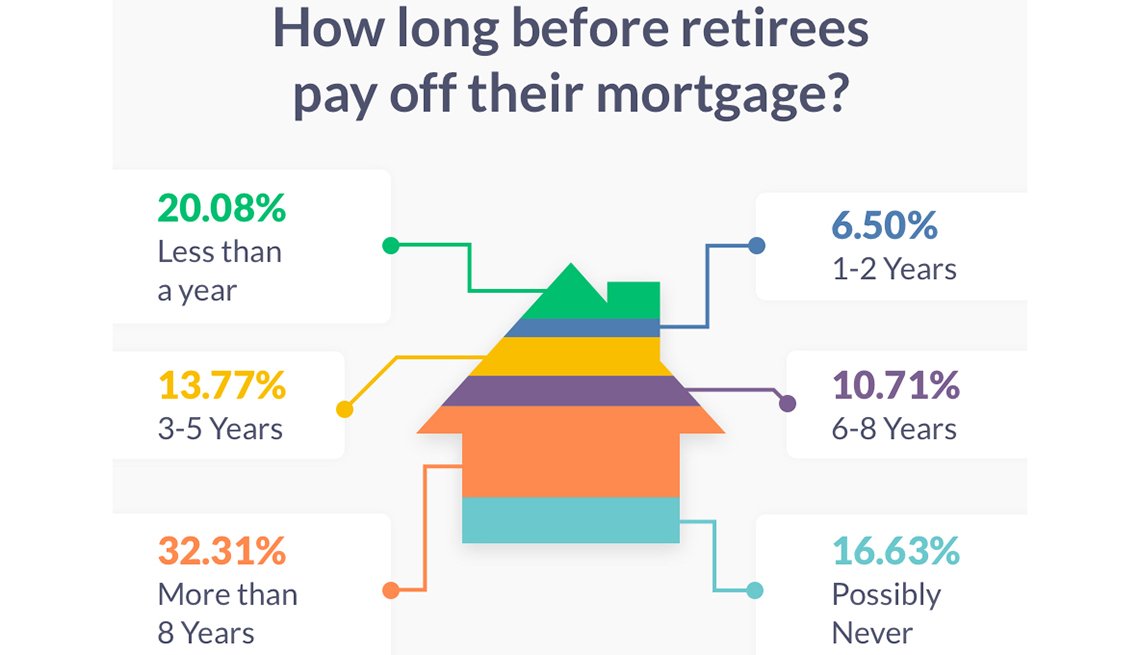If you’re preparing to sell your home, you might be wondering: “Can I sell my house if it has a mortgage?” The good news is — yes, most homes are sold while still under a mortgage.
In this post, we’ll walk you through everything you need to know about selling a mortgage house to sell , including:
- How selling affects your existing loan
- What happens at closing
- Whether you can transfer your mortgage
- Tips for a smooth transaction
Let’s get started.
Can You Sell a House with a Mortgage?
Yes — you can absolutely sell a house that has a mortgage on it . In fact, it’s very common.
When you sell a mortgaged home:
- The proceeds from the sale go toward paying off your existing mortgage
- Any remaining money after paying off the loan is yours to keep
- If the sale price is less than what you owe , you may need to cover the difference unless you qualify for a short sale
What Happens to the Mortgage When You Sell?
Here’s a simple breakdown of the process:
- You list your home for sale and accept an offer.
- The home goes into escrow , where title, appraisal, and payoff details are finalized.
- At closing , the funds from the sale are used to:
- Pay off your current mortgage
- Cover real estate agent commissions and closing costs
- Once the mortgage is paid in full, your loan is officially closed.

Steps to Sell a House with a Mortgage
Here’s what you should do:
1. Check Your Mortgage Balance
Contact your lender to find out your current payoff amount.
2. Determine Your Equity
Equity = Home Value – Mortgage Balance
Positive equity makes selling easier and more profitable.
3. Hire a Real Estate Agent or List Your Home
Decide whether to work with a professional or sell your home yourself (FSBO).
4. Accept an Offer and Go Through Escrow
Once accepted, the home moves into escrow, where all financial and legal details are handled.
5. Pay Off the Mortgage at Closing
Your mortgage will be settled using the proceeds from the sale.
Can You Transfer Your Mortgage to the Buyer?
Most traditional mortgages include a due-on-sale clause , which means the loan must be paid in full when the property is sold. However, some loans can be assumed by the buyer:
| FHA Loans | ✅ Yes – with lender approval |
| VA Loans | ✅ Yes – with VA and lender approval |
| USDA Loans | ✅ Yes – with USDA approval |
| Conventional Loans | ❌ No – typically require full payoff |
If the buyer wants to assume your mortgage, they must qualify financially, and the lender must approve the assumption.
What If You Owe More Than the House Is Worth?
If your home sells for less than what you owe , you have options:
✅ 1. Short Sale
A short sale allows you to sell the home for less than what you owe — with lender approval.
✅ 2. Negotiate with the Lender
Some lenders may agree to forgive part of the debt or allow a deed-in-lieu of foreclosure.
✅ 3. Rent It Out
If you don’t need to move immediately, renting the home gives you time to wait for market improvement.
Should You Refinance Before Selling?
Refinancing before selling isn’t always necessary, but it can help in certain situations:
- You want to lower your monthly payment before listing
- You’re trying to build equity faster
- You’re removing someone from the loan
However, refinancing takes time and comes with closing costs — so weigh the pros and cons carefully.
Final Thoughts
Yes, you can definitely sell a mortgage house to sell — it’s a standard part of homeownership. Understanding what happens to your mortgage when you sell helps you plan better, avoid surprises, and make smarter financial decisions.
Whether you’re moving across town or across the country, knowing how your mortgage works during a sale ensures a smoother transition to your next chapter.
Frequently Asked Questions (FAQs)
Q1: Do I have to pay off my mortgage when I sell my house?
Yes, the mortgage is typically paid off using the proceeds from the sale during the closing process.
Q2: Can someone take over my mortgage when I sell?
Only in limited cases — like with FHA, VA, or USDA loans — can a buyer assume your mortgage.
Q3: What if I owe more than my house is worth?
You may consider a short sale, rent the home until the market improves, or negotiate with your lender.
Join The Discussion